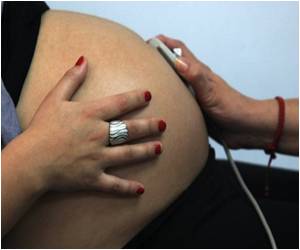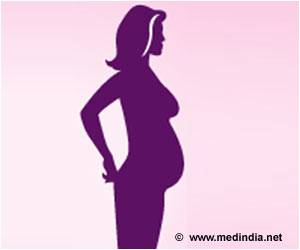In India, four million adolescent girls aged 15-19 years give birth every year, says the United Nations Population Fund (UNFPA).

"Far too many of the estimated 16 million teenage girls (across the world) who give birth every year never had the opportunity to plan their pregnancy," said UN Secretary General Ban Ki-moon calling for greater attention to adolescent pregnancy on World Population Day.
Experts say complications from pregnancy and childbirth are the leading cause of death among girls in this age group in developing countries.
Adolescent pregnancy is not just a health issue, it is a development issue as well.
It is rooted in poverty, gender inequality, child marriage and lack of education. It often means an abrupt end to childhood, curtailed education and lost opportunities, the experts said.
To bring these issues to global attention, the theme for World Population Day this year is adolescent pregnancy.
They are shaping humanity's present and future. With the right skills and opportunities during adolescence, girls can invest in themselves, their families and communities, the report said.
Breaking the cycle of adolescent pregnancy requires commitment from nations, communities and individuals in both developed and developing countries to invest in adolescent girls. Governments should accelerate efforts to prevent child marriage and its consequences, and promote policies that support girls' rights, she said.
Adolescents and youth must be provided with age-appropriate comprehensive sexuality education to develop the knowledge and skills they need to protect their health throughout their lives.
Babatunde Osotimehin, UNFPA executive director said: "Every young girl, regardless of where she lives, or her economic circumstances, has the right to fulfil her human potential. Today, too many girls are denied that right. We can change that, and we must."
Source-IANS
 MEDINDIA
MEDINDIA




 Email
Email




